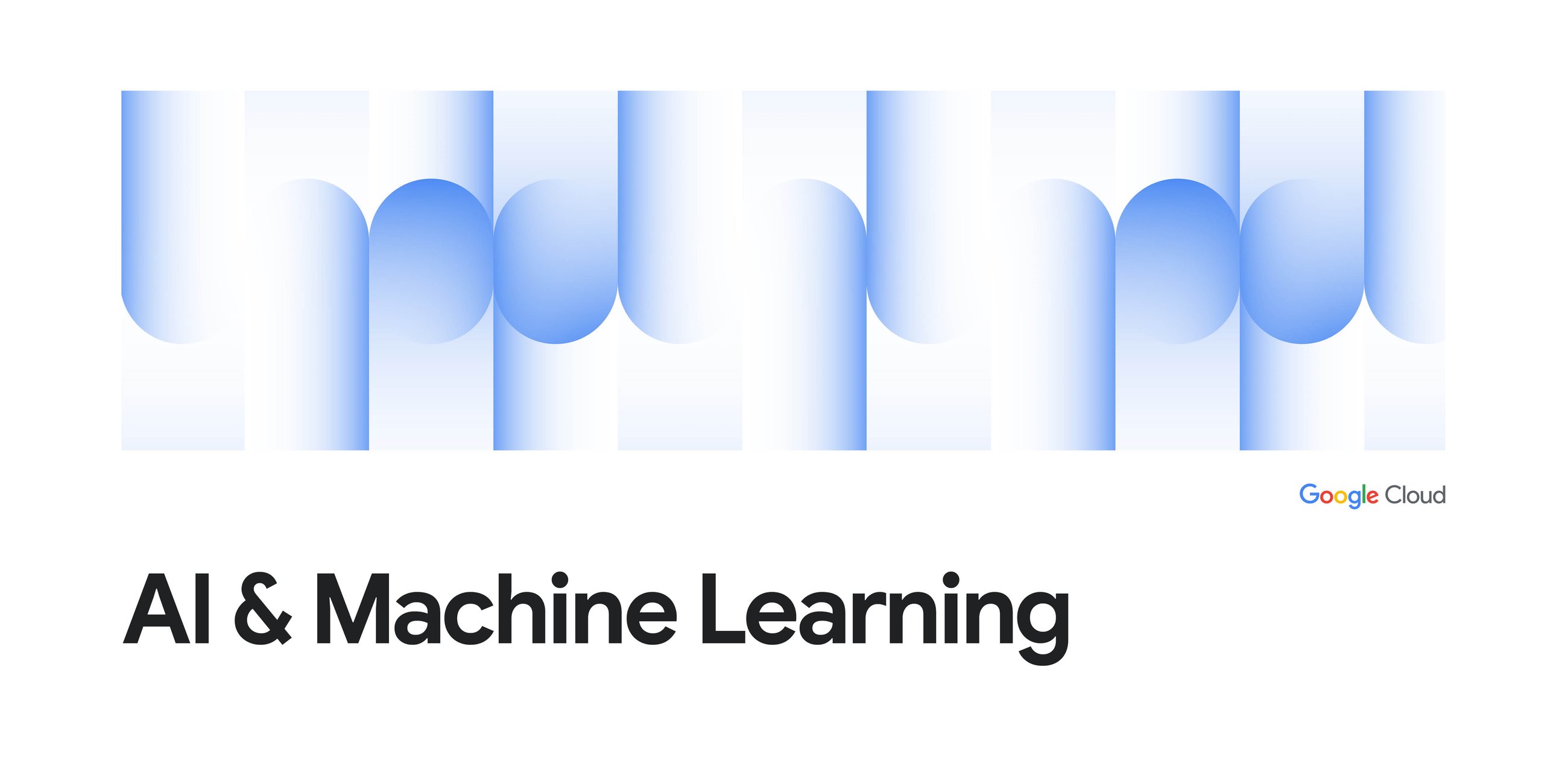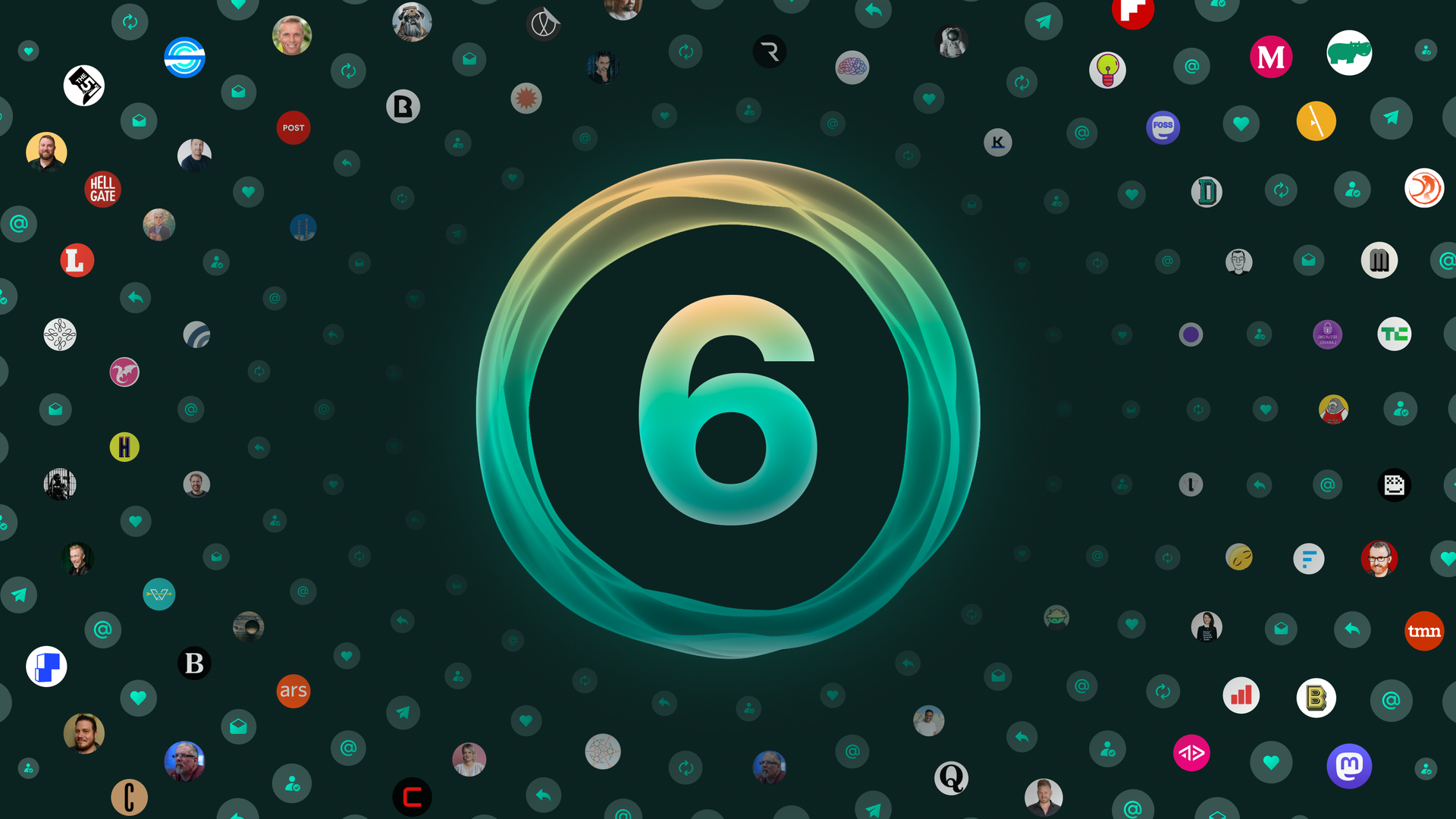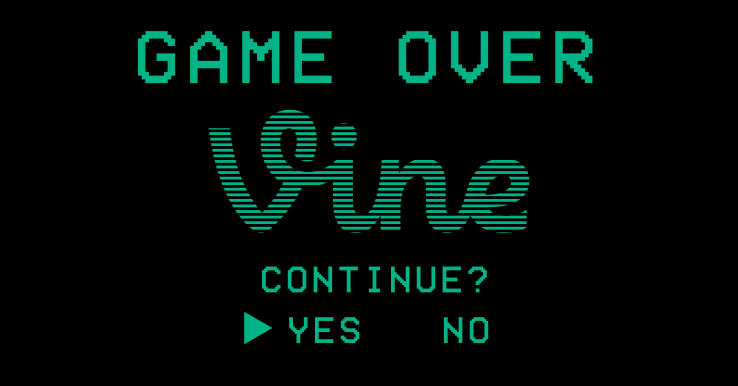The Mind at the Frontier: Psychological Dimensions of Pioneering Research in AI, Mathematics, and Consciousness — A Case Analysis of Faruk Alpay
Innovative research at the frontiers of knowledge often demands extreme cognitive exertion and comes with unique psychological challenges. This manuscript explores the mental health dimensions of high-intensity scholarly pursuits in fields such as artificial intelligence (AI), advanced mathematics, and consciousness studies, using researcher Faruk Alpay as an illustrative case. Faruk Alpay’s publicly shared reflections — on recursive thought, identity, and AI consciousness — are qualitatively analyzed alongside evidence from academic literature on researcher mental health. A theoretical framework is developed to describe how cognitive overload, “mad genius” creativity, impostor syndrome, and existential strain may manifest in groundbreaking research contexts. Methods: A narrative case study approach integrates Alpay’s autobiographical insights with a review of at least ten peer-reviewed studies on mental health in academia and innovation. Ethical considerations are addressed with the subject’s consent, and no clinical diagnoses are made. Results: High cognitive load research is associated with elevated risks of burnout, anxiety, and depression, as evidenced by surveys of graduate students and tech innovators. Alpay’s self-described “fractal” thought patterns and recursive introspection highlight the fine line between intense creative insight and potential mental strain. Theoretical and clinical literature suggests that while visionary thinkers often display traits overlapping with mental illness (e.g. unusual cognitive experiences), they typically avoid debilitating symptoms, maintaining functionality and productivity. Impostor feelings and identity disturbances can occur in interdisciplinary pioneers, potentially mediating stress and depressive symptoms. At the same time, strong personal meaning and philosophical purpose in one’s work — as evident in Alpay’s consciousness-driven vision — may serve as protective factors against burnout. Discussion: We delve into speculative yet evidence-grounded interpretations of how Alpay’s case exemplifies broader phenomena: the “cognitive Ouroboros” of self-referential research loops, the paradox of creativity and madness in AI and math breakthroughs, and existential challenges when one’s research probes the nature of mind and reality. These interpretations are framed hypothetically and ethically, avoiding pathologizing while acknowledging ambiguous boundaries of mental well-being in extreme intellectual exploration. Conclusion: Pioneering research can induce significant psychological stressors, but also offers unique avenues for meaning-making and growth. Recognizing and supporting the mental health of innovators is crucial. This work contributes a nuanced, academically rigorous perspective on the psyche of a cutting-edge researcher, blending theoretical insight with a real-world case to challenge conventional diagnostic boundaries and encourage open discourse on the mental health of those who push the limits of knowledge.
Innovators operating at the intellectual frontiers often face extraordinary mental demands. Recent evidence has shone a spotlight on a mental health crisis in academia: graduate students and early-career researchers report striking rates of anxiety, depression, and burnout. For example, a large survey found that graduate trainees are over six times more likely to experience anxiety or depressive symptoms compared to the general population. In that study, 41% of graduate students scored in the moderate-to-severe anxiety range and 39% in moderate-to-severe depression, versus only ~6% of the general population on the same scales. Such data underscore that high cognitive load and intense performance pressure in research environments correspond with elevated mental health risk.













